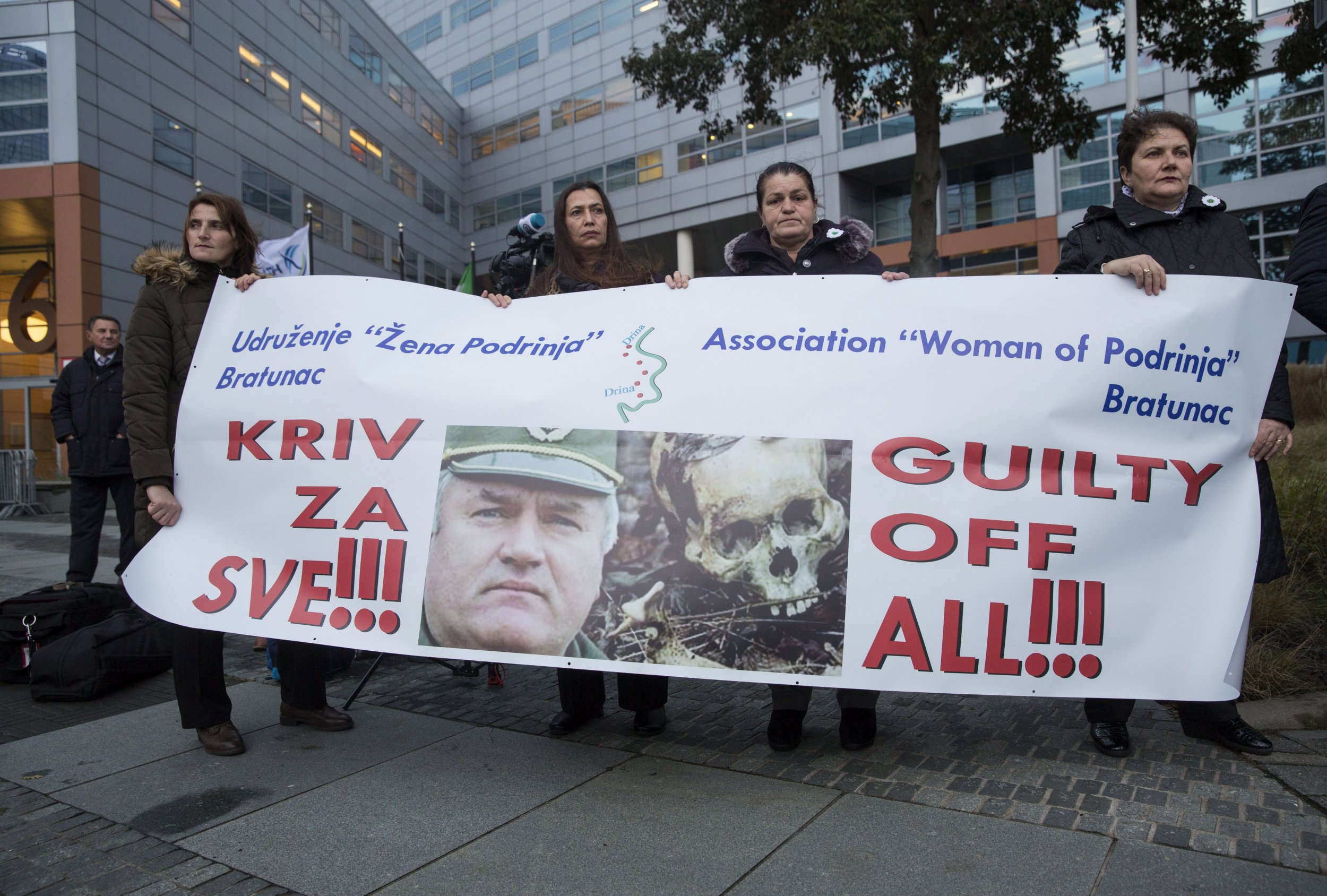
Michael MacQueen hunts war criminals for a living.
And, after nearly 10 years of tracking down the Balkan war criminals who often hide in plain sight in the U.S., the only Balkans-region historian for U.S. Immigration and Customs Enforcement is retiring "imminently," according to ICE (the agency would not release a specific date).
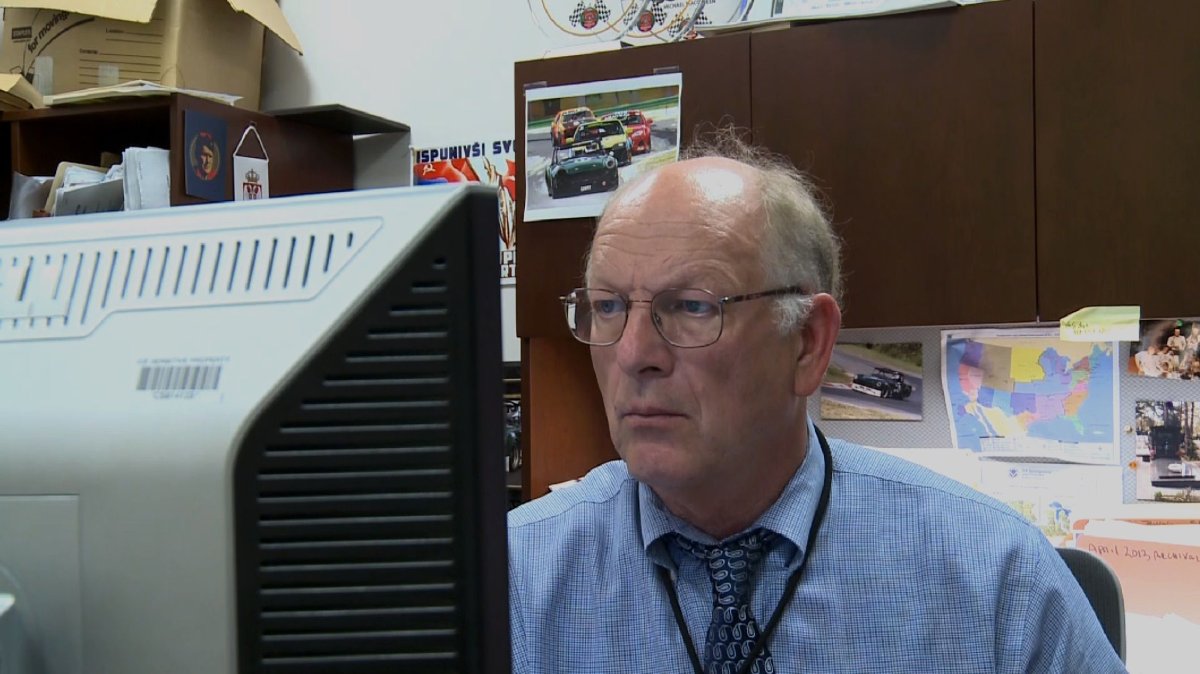
The historian pulls together the scraps of a Balkan war from more than 20 years ago—sometimes finding records of war crimes written on old scrap paper, in children's elementary school notebooks, in military or police records or by interviewing concentration camp survivors as witnesses—anything to track down the widely forgotten war criminals of the conflict that tore apart the former Yugoslavia in the 1990s.
Systematic rape, sexual enslavement, torture, random killings and concentration camps where prisoners were starved and beaten are among the atrocities committed during the Bosnian War, an attempted ethnic cleansing of Bosnian Muslims lasting from 1992 to 1995, in which some 100,000 people were killed or died of war-related causes. Millions were displaced.
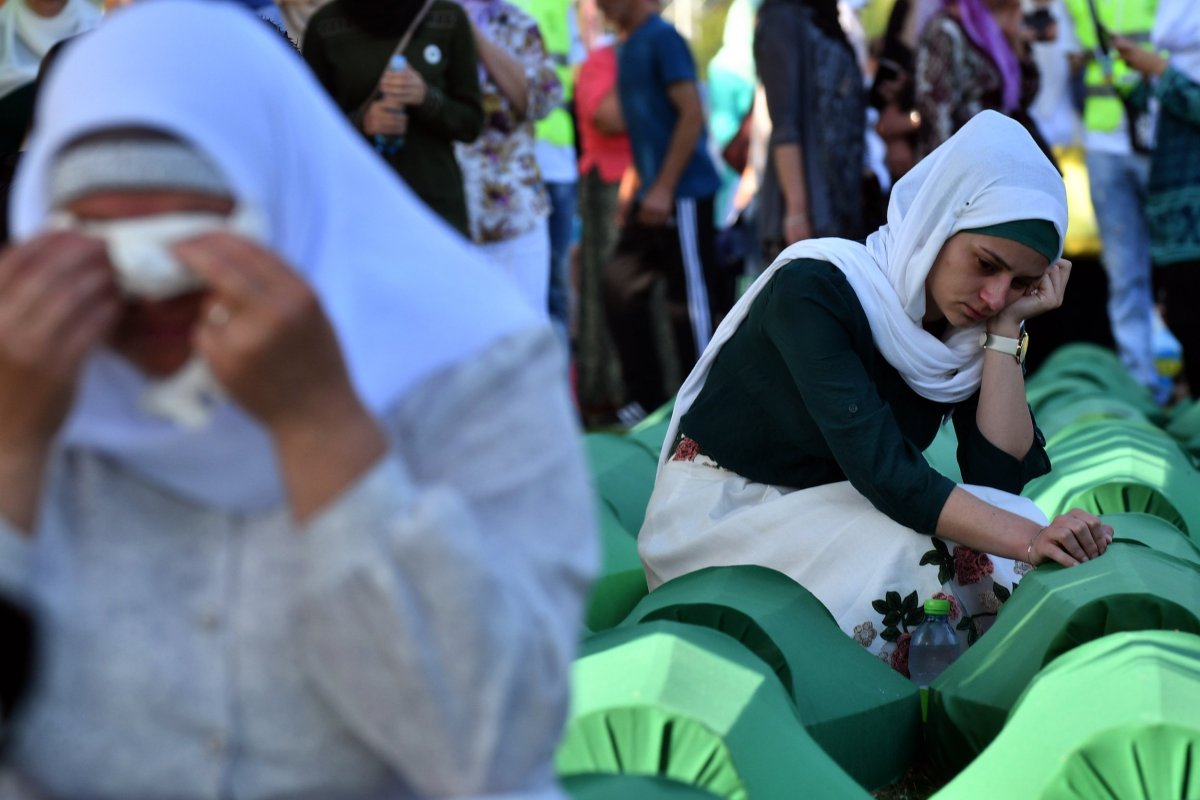
Mass graves are still being uncovered, and some of the remains of those reported missing during the war have still not been found. In perhaps the most infamous singular incident of the war, the Srebrenica genocide, approximately 7,000 to 8,000 Bosnian Muslim men and boys were killed in a week and a half in the town of Srebrenica.
It was the worst atrocity in Europe since the Holocaust.
And some of the war's violent offenders still live in the U.S.: One criminal recently captured in Chicago, Jovo Asentic, 65, blocked escape routes for Bosnians trying to leave Srebrenica during the genocide when he was a military officer. Milan Trisic, a 54-year-old Bosnian Serb in North Carolina, pleaded guilty in December to beating and detaining Muslim prisoners, and lying about his role in the war to immigration officials. His military unit was also involved in Srebrenica.
Similar cases emerge constantly and reveal the scope of a system of human rights violations that spans wider and wider with each new lead, document and interview.
There were between 300 and 600 Bosnian war criminals living in the U.S. as of 2015, The New York Times reported at the time (ICE declined to give an updated number, saying they don't measure these by region). Since then, ICE has deported, extradited, convicted or arrested 14 human rights violators from the region, according to the agency's public press releases.
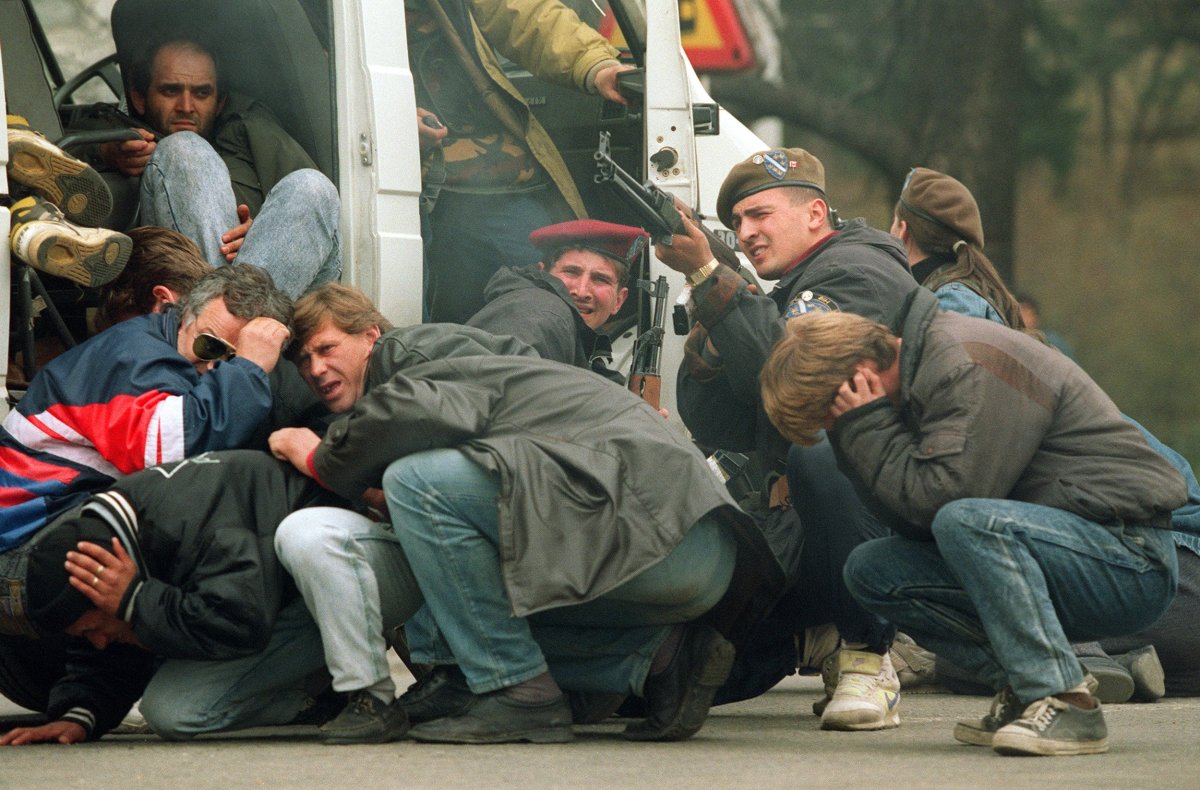
So why does it take so long to catch war criminals from decades ago, who shouldn't have been able to enter the U.S. in the first place?
MacQueen said part of the problem is missing documents. In the Balkans, Serbian military groups were often "sitting on"––sometimes even destroying––crucial wartime documents that would have led to the capture of those who committed atrocities.
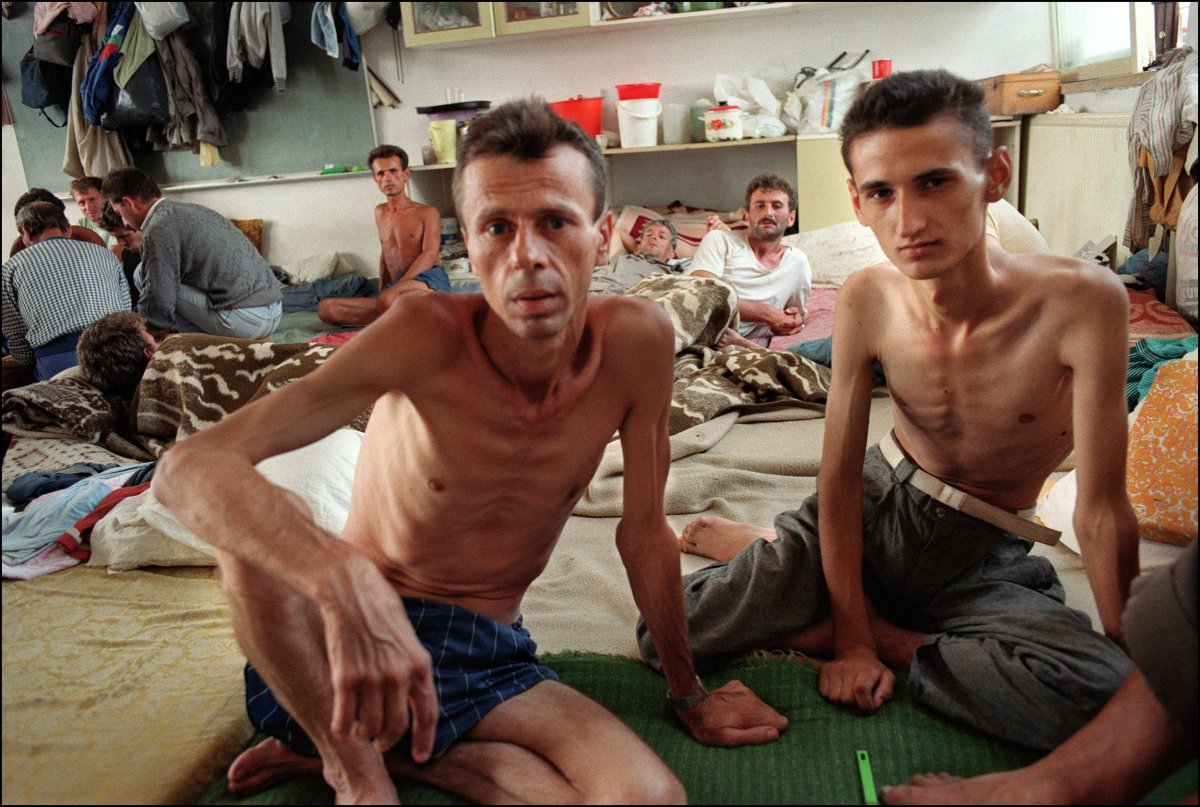
"At the time that most of the entrants to the U.S. from the Balkans came as refugees, there was no access to wartime records which would show that they have lied on their applications, been involved in crimes, sometimes massive crimes," MacQueen told Newsweek.
"Our system was based on people telling the truth."
Another major problem is the "conspiracy of silence," according to Michael McVicker, a legal adviser at ICE. Not only do war criminals stay quiet about their crimes during the immigration process, but their communities often refuse to turn in offenders well known among whisper networks.
"Very few have come clean," McVicker told Newsweek. "If they all decide not to share information that might be helpful in identifying who might be a more serious perpetrator, someone who's an aider and abettor, we're kind of stuck."
In those cases, the team must rely on what little records are left in the region, as well as accounts from witnesses, for whom it can be hard to relive the trauma of the 1990s.
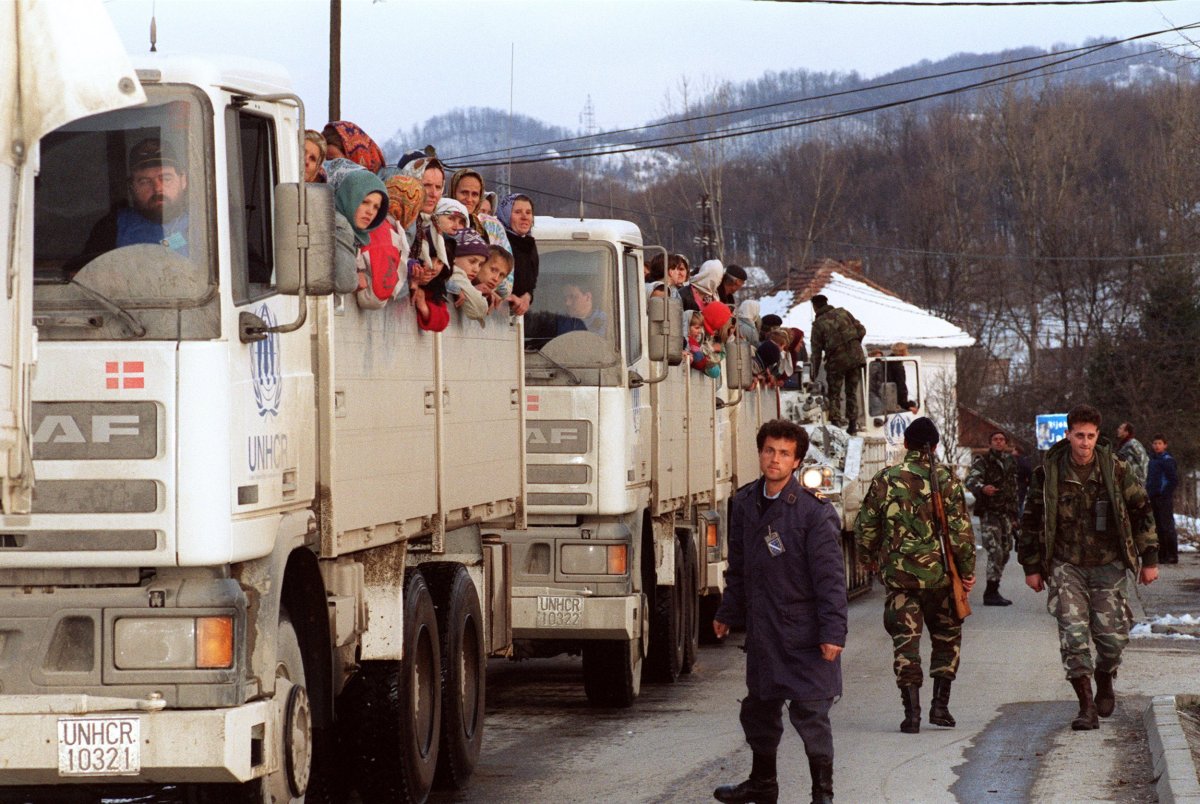
That "conspiracy of silence" brings to mind the Serbian village that for 14 years hid war criminal Ratko Mladic, the Bosnian Serb general who was only convicted of genocide and crimes against humanity in 2017. Some residents were afraid to tell, and some saw him as a hero still, as evidenced by the Serbian soccer team that chanted his name even after the conviction.
Denial of war crimes is common in the investigations, like the Bosnian-Croat war criminal who made a dramatic show of drinking actual poison at The Hague in December, so that he could avoid his prison sentence.
"I am not a war criminal!" Slobodan Praljak, that war criminal, shouted in the last hours of his life, as he tilted his head back and swallowed a vial of liquid.
Balkan war criminals in the U.S. live in less dramatic fashion, often hiding in plain sight, holding inconspicuous jobs in small towns, where their neighbors don't suspect anything––like one Bosnian war criminal working as a taxi driver in Minnesota, one soccer coach in Virginia, one electrician in Michigan. They live lives far away from the concentration camps they once staffed or worked in, sometimes bearing witness to, or partaking in, crimes against humanity. And those are, in many cases, the criminals MacQueen helps to capture.
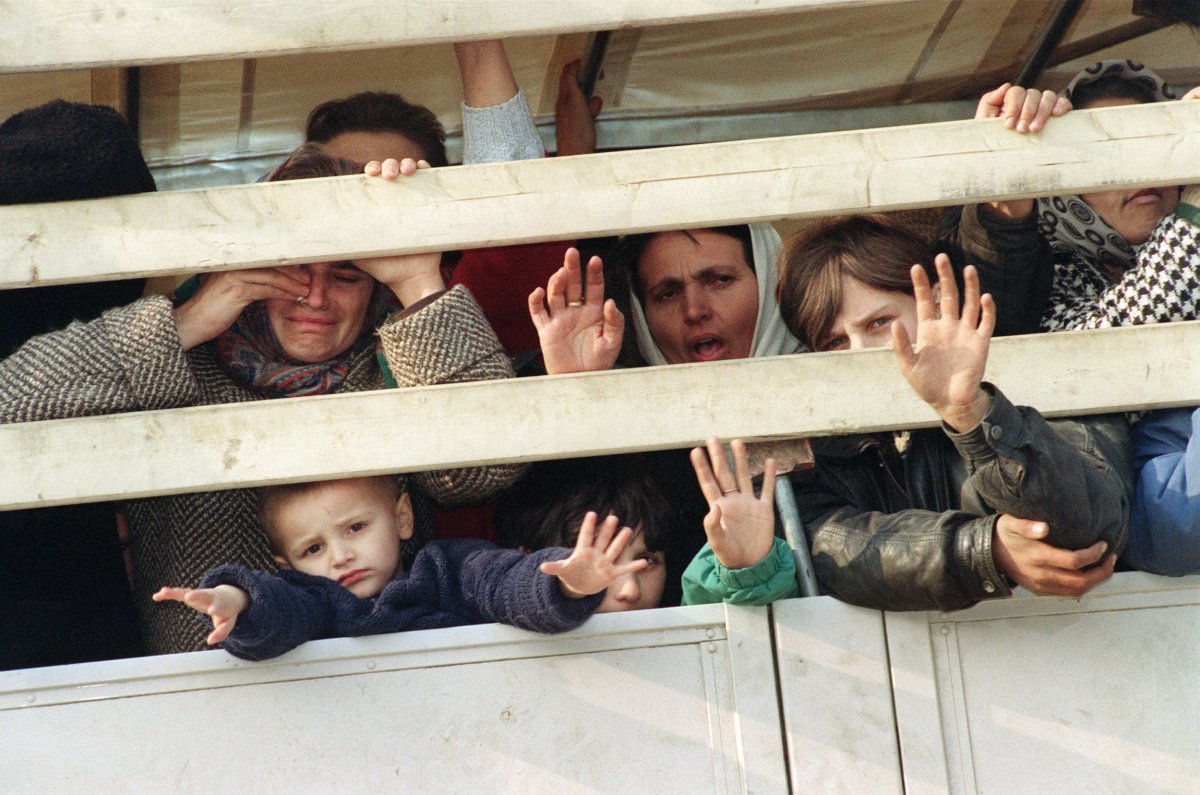
"What's so interesting is that they come here and they want to blend in," Mona Ragheb, a legal adviser at ICE, said of war criminals living in the U.S. In many cases, she said members of a particular immigrant community recognized war criminals and turned them in.
But as new wars, conflicts and genocides require new investigations and re-allocation of government resources, MacQueen's retirement raises questions about whether millions of displaced Bosnians, many of whom lost their families and homes, can continue to count on justice being served.
Nicole Navas Oxman, a spokesperson for the Department of Justice, said prosecution of Bosnian war criminals is still a "high priority." The agency is committed to "ensuring that the United States is not a safe haven for human rights violators and war criminals," Oxman wrote in an email to Newsweek.
After MacQueen retires, it's unclear who will pick up the decades of documents, the lengthy trails to isolated incidents, the interviews with his long-standing network of connections on the ground, while working around statutes of limitations. For now, leadership is assessing funding and hoping to find a replacement, Jennifer Elzea, an ICE spokesperson, told Newsweek.
She added, "But, of course, no one can replace the talent and dedication of Mr. MacQueen."
At an informal retirement ceremony on Thursday, Macqueen expressed gratitude for "having been a part of teams which have helped ensure that the U.S. will never be a safe haven for those who perpetrated some of the worst crimes in history."
Uncommon Knowledge
Newsweek is committed to challenging conventional wisdom and finding connections in the search for common ground.
Newsweek is committed to challenging conventional wisdom and finding connections in the search for common ground.
About the writer
Melina Delkic is a staff writer for Newsweek covering the guns and drugs beat.
To read how Newsweek uses AI as a newsroom tool, Click here.








